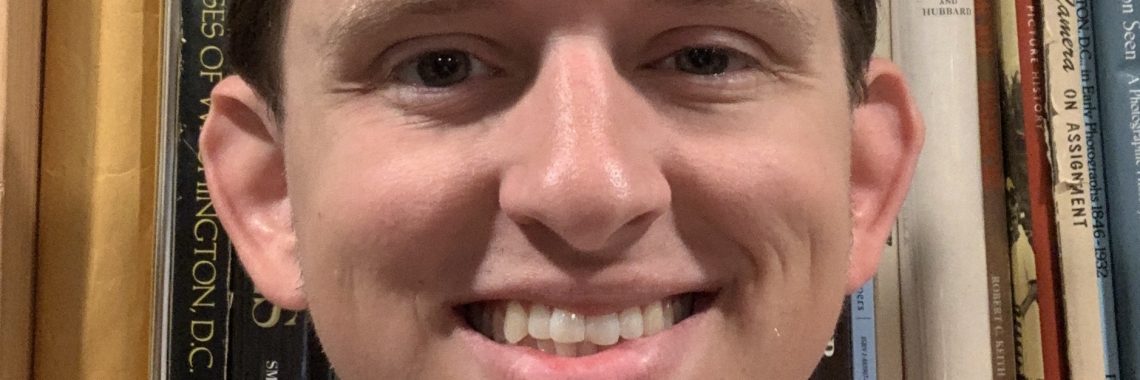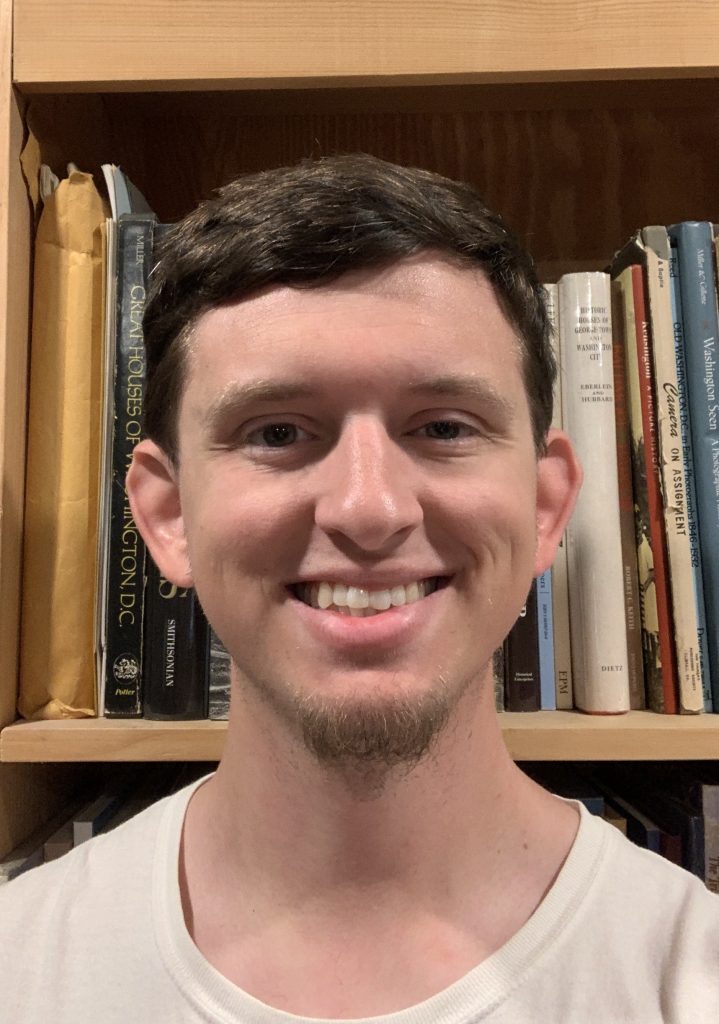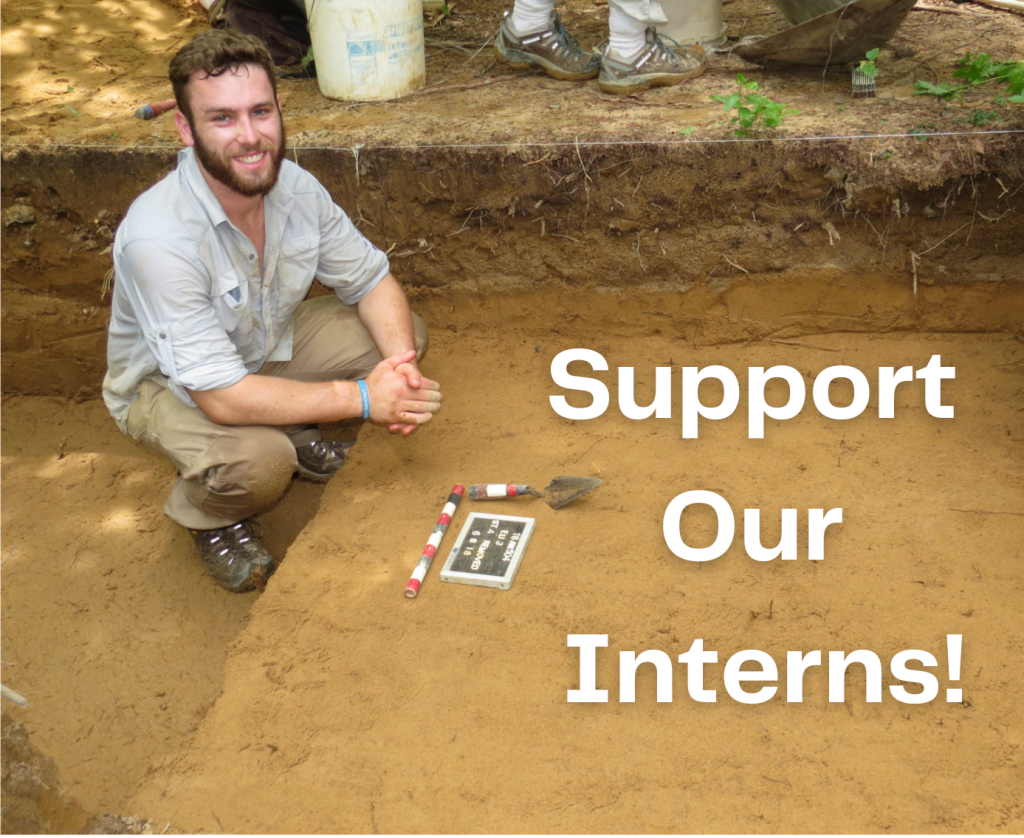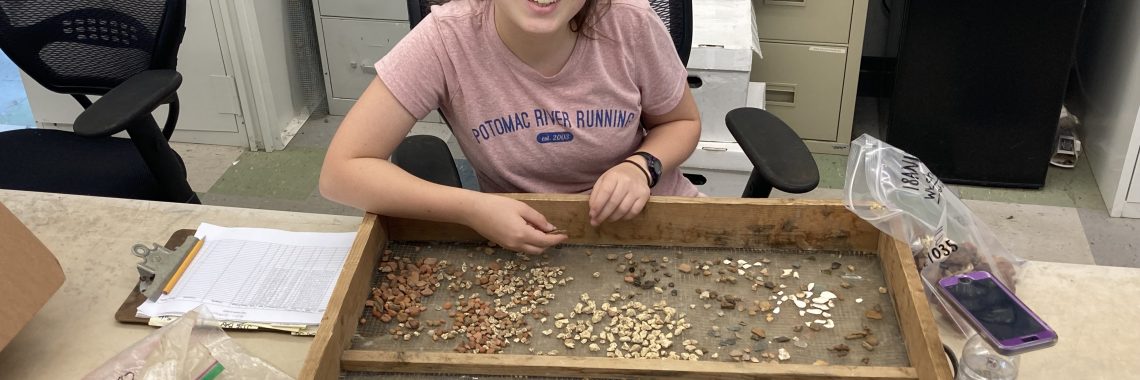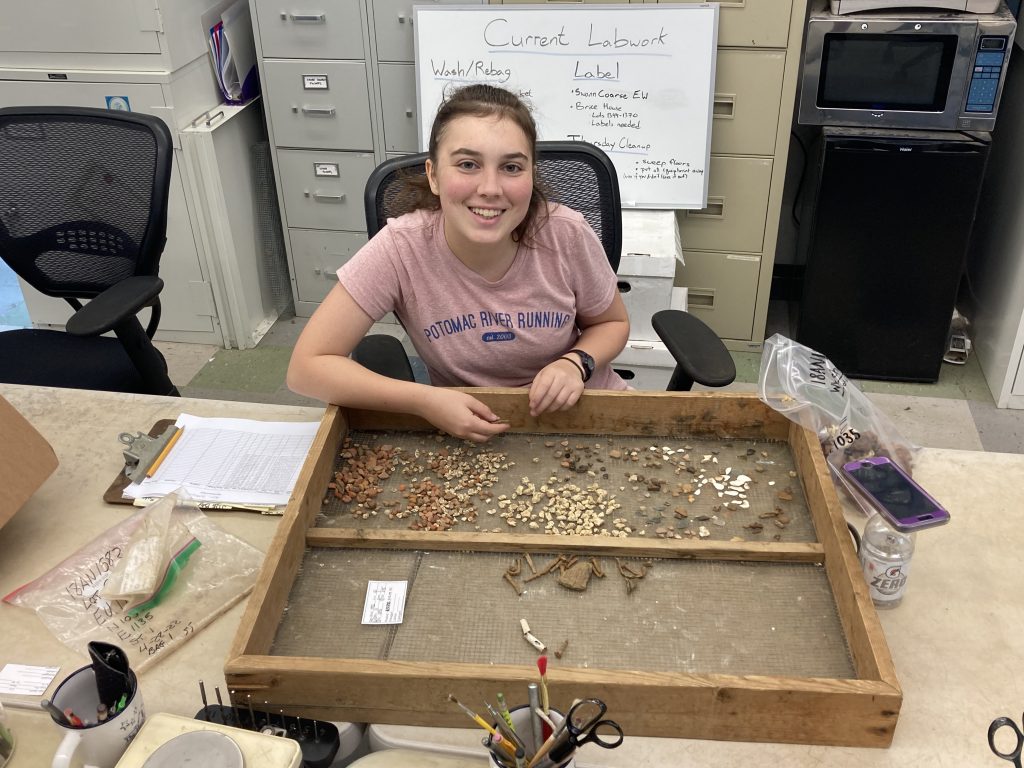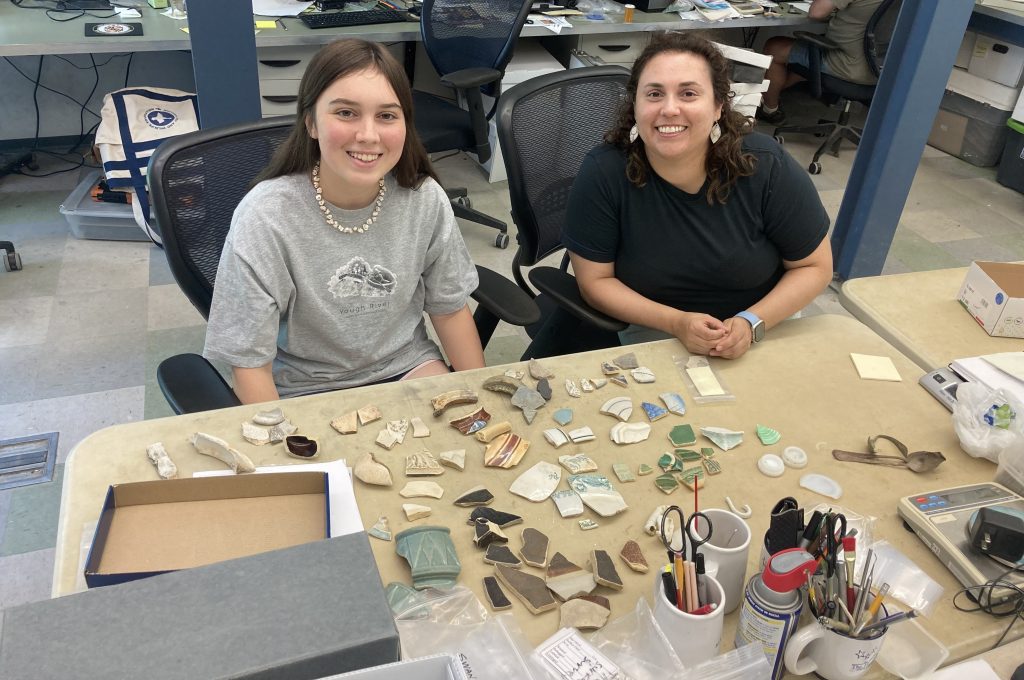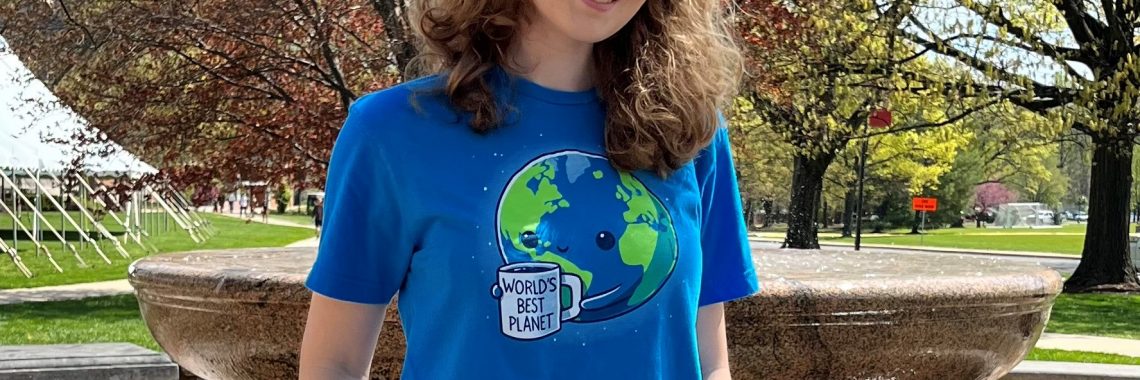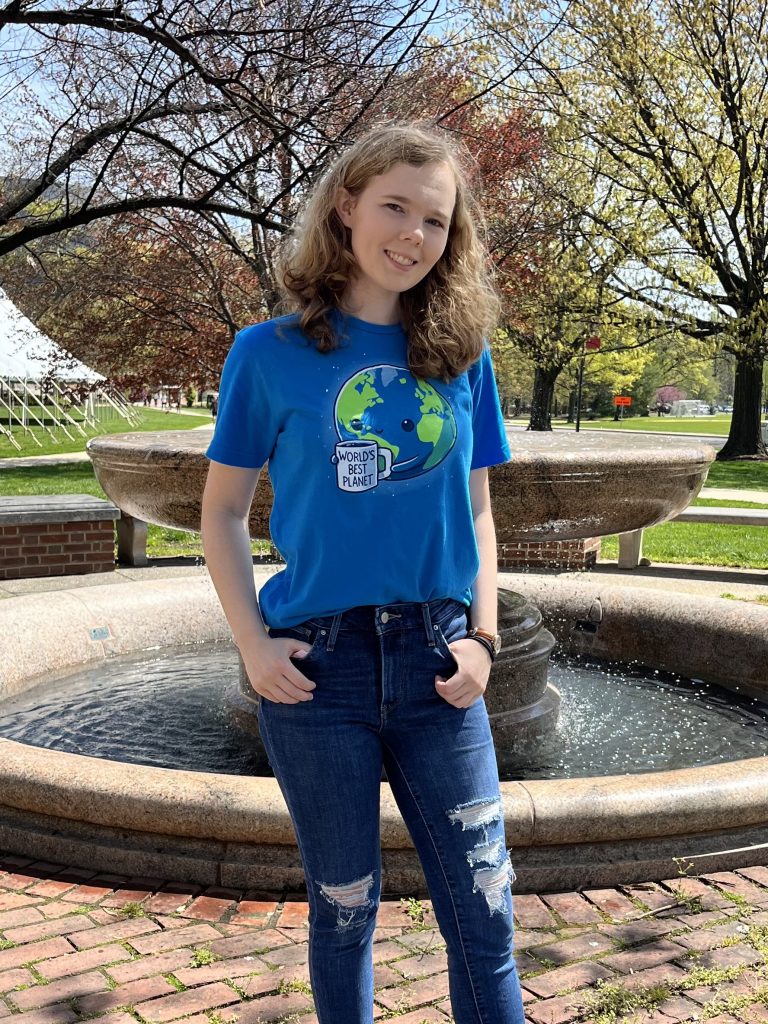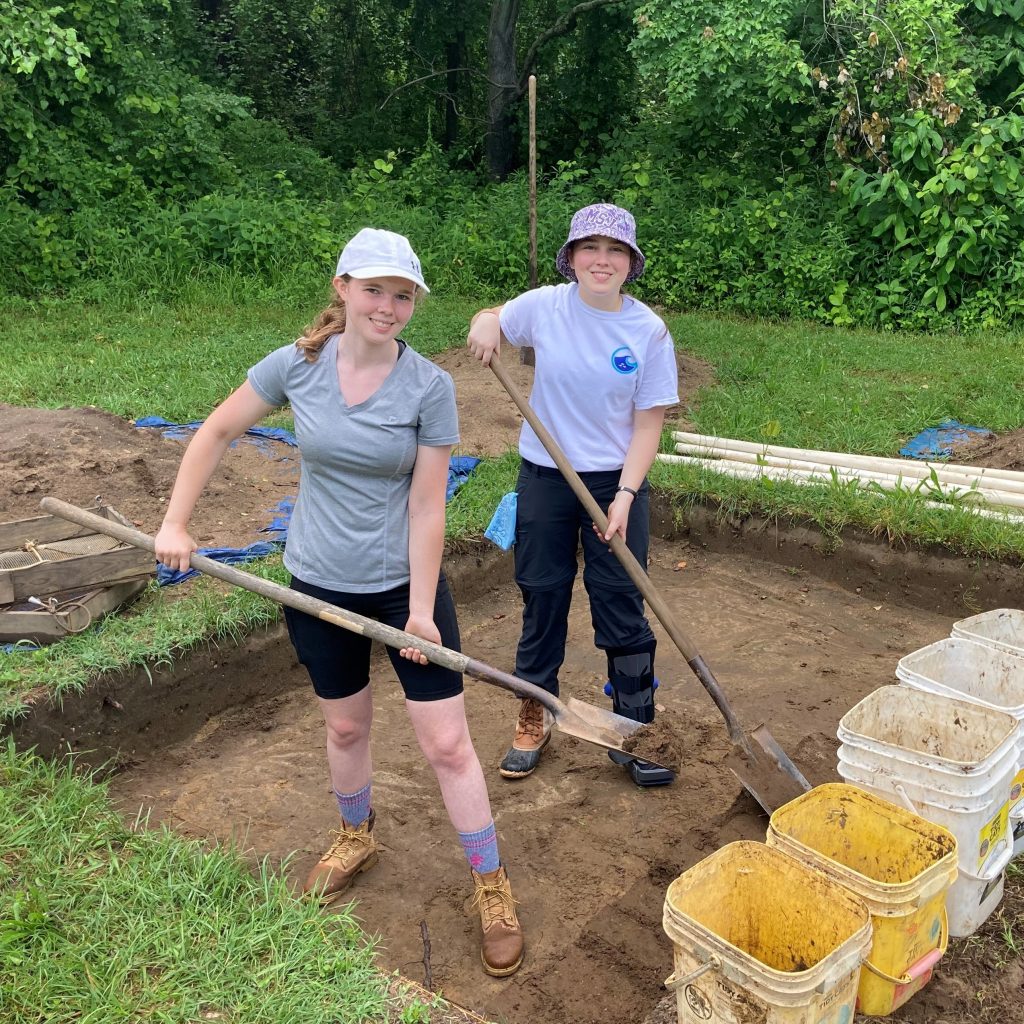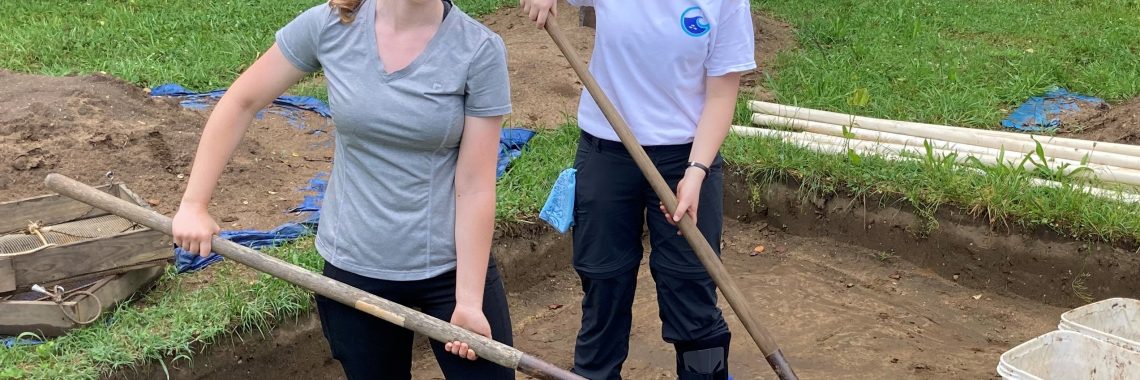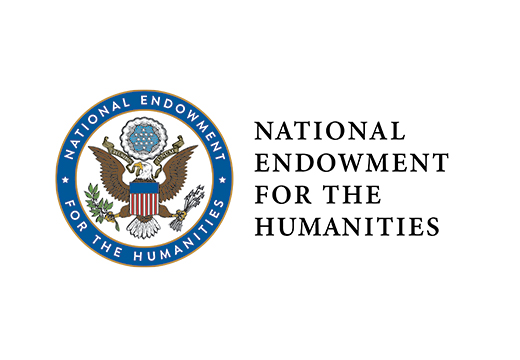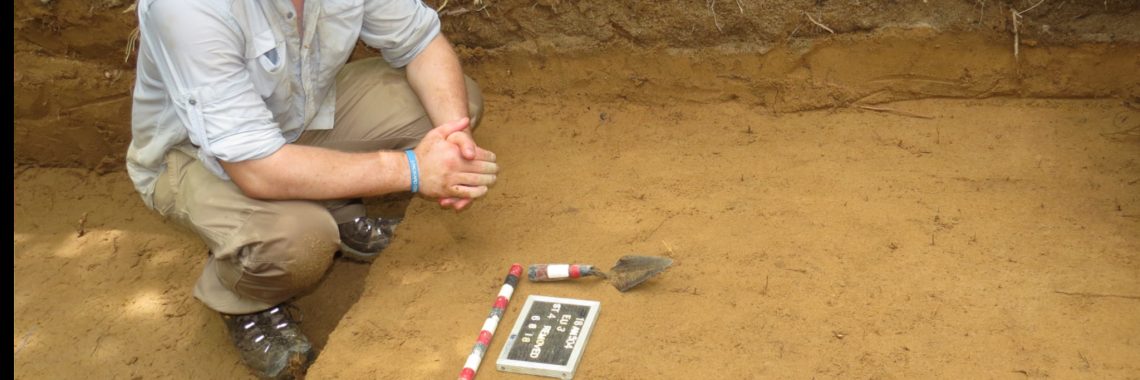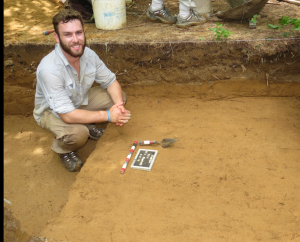Intern Spotlight: Vincent Turner
This is the third in a series of posts highlighting our awesome summer interns! Today, we’re highlighting graduate student Vincent Turner from the University of Maryland.
“My name is Vincent Turner and I started as an intern for the Lost Towns Project at the beginning of June. I am currently between my first and second years in the Historic Preservation Master’s program at the University of Maryland, College Park. I have several projects this summer that involve updating cemetery records for Anne Arundel County and helping with public outreach.
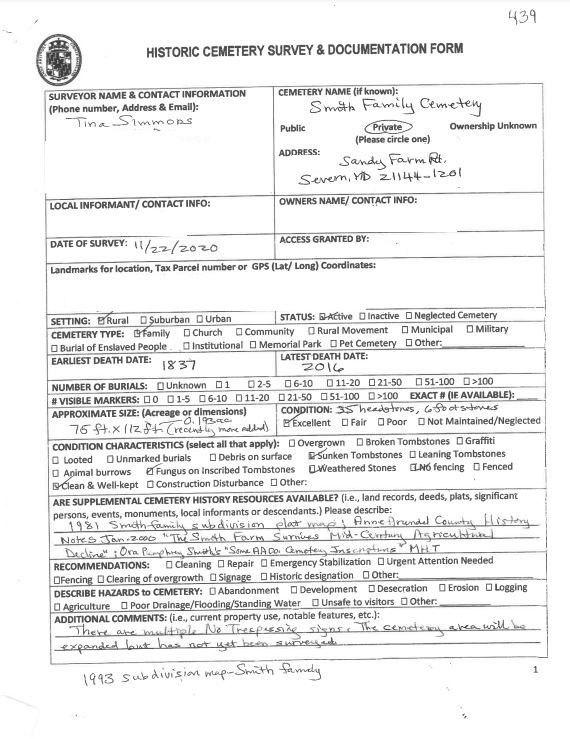
“I am currently preparing cemetery information for GIS data migration which is fascinating because I get to see all of the information available on cemeteries in Anne Arundel County. This data will be used to make it easier to find all of the information available on individual cemeteries.”
Thanks, Vincent, for your work on preserving local cemeteries!
Do you want to get involved in historic cemetery preservation? Anne Arundel County’s Preservation Stewardship Program has a Historic Cemetery Survey initiative for members of the public to assist in documenting cemeteries. After all, we can’t protect a cemetery if we don’t know it exists! Click here for more information.
Vincent is one of our two funded interns this year! Your support can help us provide internships to the next generation of archaeology and historic preservation professionals. If you are able, please consider making a tax-deductible internship donation to the Lost Towns Project today. Every contribution, no matter the size, makes a big difference in preserving local history. Thank you!

